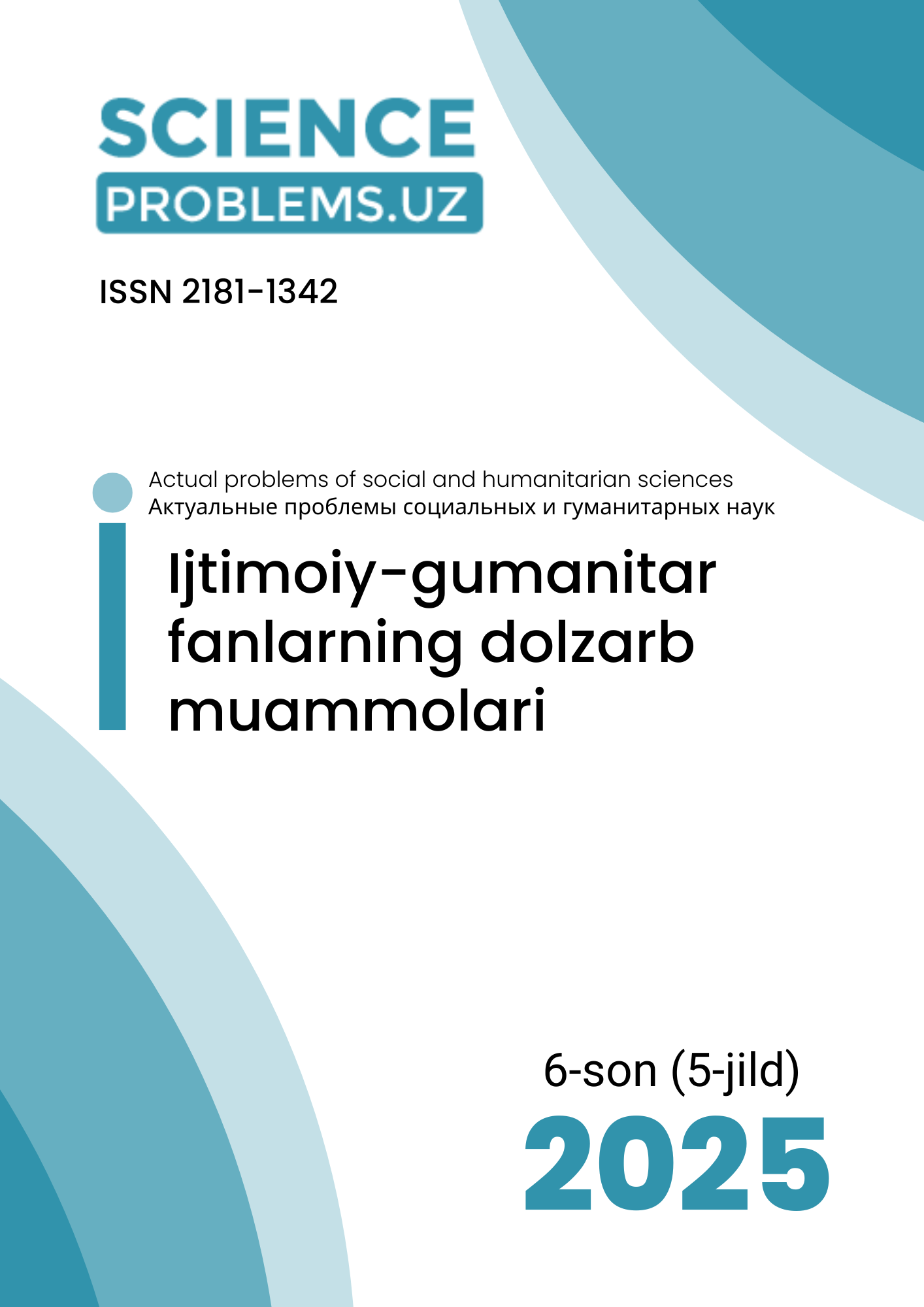THE “PROJECT YOUR IDEAS" METHOD IN THE INTEGRATION OF ENGINEERING GRAPHICS AND DESIGN SCIENCE
DOI:
https://doi.org/10.47390/SPR1342V5I6Y2025N78Keywords:
engineering graphics, design, integration, approach, technology, methodology, form, tool, principle, creativity, communication, rounding, science, education, technology.Abstract
This article discusses the issues of integration, integration of engineering, graphic and design disciplines, integrative technologies, approaches, pedagogical approaches, technologies, methods, forms, means and principles in educational processes, the development of artistic and design skills, individual creative abilities, the formation of aesthetic taste, the harmonization of theoretical and practical knowledge on The use of pedagogical methods in integration is highlighted in these disciplines, improving drawing skills and design science.
References
1. Haqberdiyev, B. R., Ismag’Ilova, M. S. Q., & Imomnazarova, D. F. Q. (2025). Raqamli texnologiyalarda arxitektura va dizayn. Academic research in educational sciences, (Conference 1), 65-66.
2. Rustamovich, H. B. (2024). Texnik va san’at fanlarini sinergetik kompetentlik asosida integratsiyalsh. Analysis of modern science and innovation, 1(3), 255-257.
3. Hakberdiyev, B. R. (2024, September). Integrative methodology in architecture and design. In International Conference on World Science and Resarch (Vol. 1, No. 2, pp. 52-56).
4. Rustamovich, H. B., & Abdurafikjonovna, A. H. (2024). Theoretical solutions for integrative teaching of fine arts and engineering graphics with various disciplines of still life, consisting of geometric shapes in pencil painting. International Journal of Advance Scientific Research, 4(03), 102-106.








